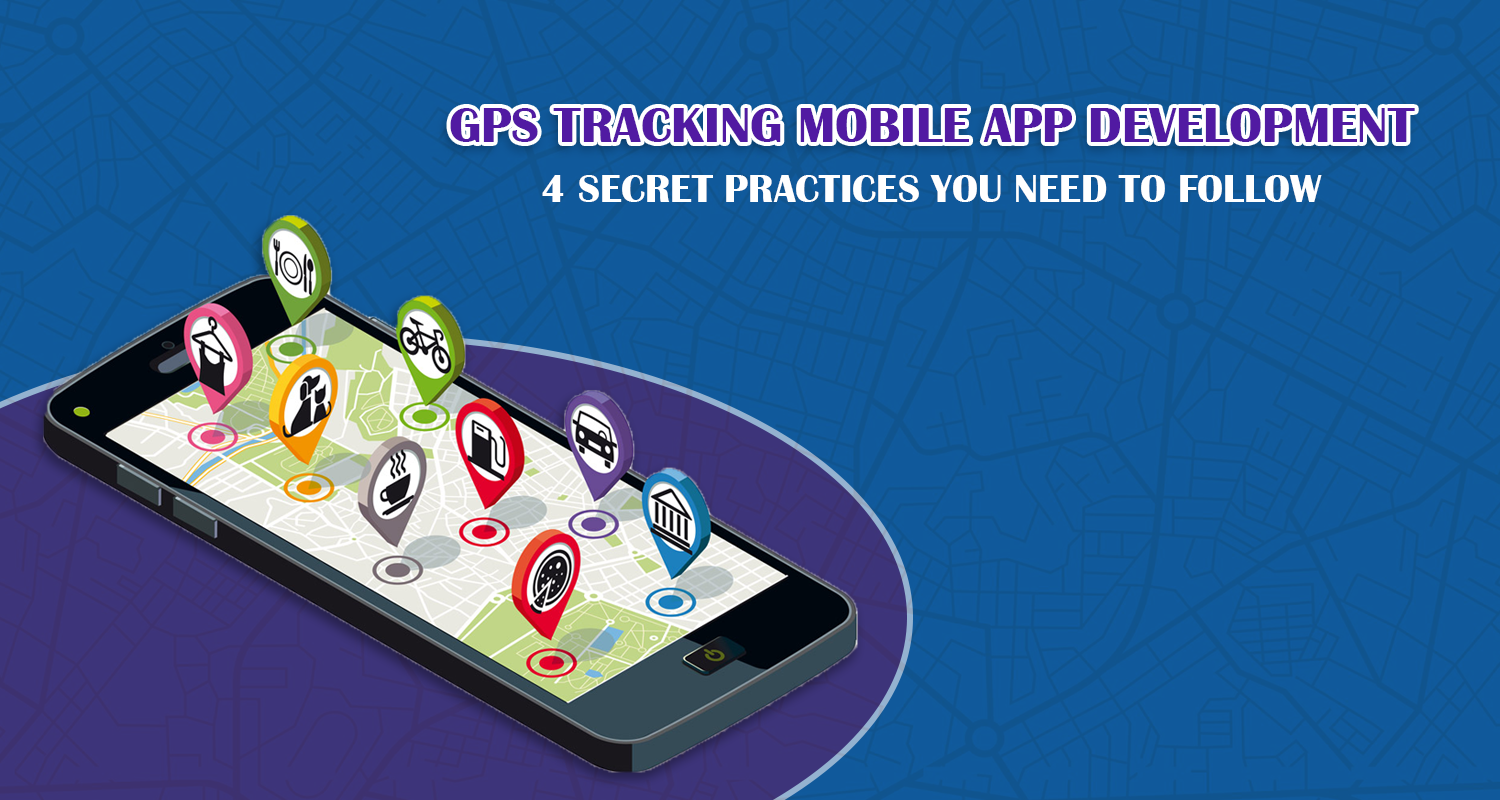
Location-based web services (LBWS) leverage geographical information to provide users with personalized and context-aware services based on their current or specified location. These services use various technologies, such as GPS, Wi-Fi, and cellular data, to determine a user’s location. Here’s a comprehensive overview of location-based web services, including their features, applications, benefits, and challenges.
Features of Location-Based Web Services
- Geolocation:
- The core feature of LBWS is the ability to determine a user’s location using technologies like GPS, Wi-Fi triangulation, and IP address geolocation.
- Personalization:
- LBWS can tailor content, offers, and services based on the user’s current location, enhancing user experience and engagement.
- Real-time Updates:
- Many LBWS provide real-time information, such as traffic updates, local events, and weather conditions, which can change dynamically based on location.
- Mapping and Navigation:
- LBWS often include mapping and navigation features that help users find directions to destinations, locate nearby businesses, or explore points of interest.
- Geofencing:
- Some services use geofencing, a technology that creates virtual boundaries around real-world locations. Users can receive notifications or alerts when they enter or exit these zones.
- Social Networking:
- Many LBWS integrate social networking features, allowing users to share their locations, check in at places, and connect with others nearby.
- Data Analytics:
- Location data can be analyzed to gain insights into user behavior, preferences, and trends, which can be valuable for businesses and marketers.
Applications of Location-Based Web Services
- Navigation and Mapping:
- Services like Google Maps and Waze provide navigation, route optimization, and traffic updates based on the user’s location.
- Retail and Marketing:
- Businesses use LBWS to send targeted promotions and advertisements to customers’ smartphones when they are near their stores (e.g., through geofencing).
- Social Media:
- Platforms like Facebook, Instagram, and Snapchat allow users to check in at locations, share their experiences, and connect with friends nearby.
- Tourism and Travel:
- LBWS provide recommendations for local attractions, restaurants, and events, helping travelers discover nearby points of interest.
- Emergency Services:
- Location-based services are crucial in emergency response situations, enabling responders to locate individuals in need of assistance quickly.
- Public Transportation:
- Services that track public transportation, providing users with real-time information about arrivals and departures based on their location.
- Fitness and Health:
- Applications like Strava and MapMyRun track users’ workouts and provide location-based insights, such as nearby running routes or fitness events.
Benefits of Location-Based Web Services
- Enhanced User Experience:
- LBWS provide personalized content and recommendations, improving user engagement and satisfaction.
- Targeted Marketing:
- Businesses can target marketing efforts more effectively, leading to higher conversion rates and customer loyalty.
- Convenience:
- Users can access relevant information and services quickly based on their location, making everyday tasks easier.
- Improved Safety and Security:
- Location-based services can enhance safety by providing timely information and assistance in emergencies.
- Data-Driven Insights:
- Businesses can leverage location data for better decision-making, optimizing operations, and marketing strategies.
Challenges of Location-Based Web Services
- Privacy Concerns:
- Users may be hesitant to share their location due to privacy concerns. Companies must ensure they handle location data responsibly and transparently.
- Data Security:
- Protecting location data from unauthorized access and cyberattacks is critical, as breaches can compromise users’ privacy.
- Accuracy and Reliability:
- The accuracy of geolocation can vary based on technology used (GPS vs. Wi-Fi) and environmental factors, leading to potential inaccuracies in services.
- Battery Drain:
- Continuous location tracking can drain device batteries quickly, which may deter users from enabling location services.
- Regulatory Compliance:
- Companies must navigate legal regulations surrounding data privacy and location tracking, such as GDPR and CCPA.
Conclusion
Location-based web services are transforming the way users interact with technology, providing personalized and context-aware experiences. With applications spanning navigation, retail, social media, and emergency services, LBWS offer significant benefits in enhancing user engagement and convenience. However, challenges related to privacy, security, and accuracy must be addressed to ensure user trust and satisfaction. As technology continues to evolve, the potential for LBWS to impact daily life will only increase.







